
Training During Ramadan: How to Maintain Strength, Muscle and Performance While Fasting
Ramadan does not have to mean lost strength or muscle. After seven years coaching elite clients in Bahrain and Saudi Arabia — including royal and high-performance environments — this article outlines a professional framework for maintaining performance while fasting. Learn how to adjust training volume, manage hydration, protect sleep and structure nutrition so you exit Ramadan strong, not rebuilding from scratch.
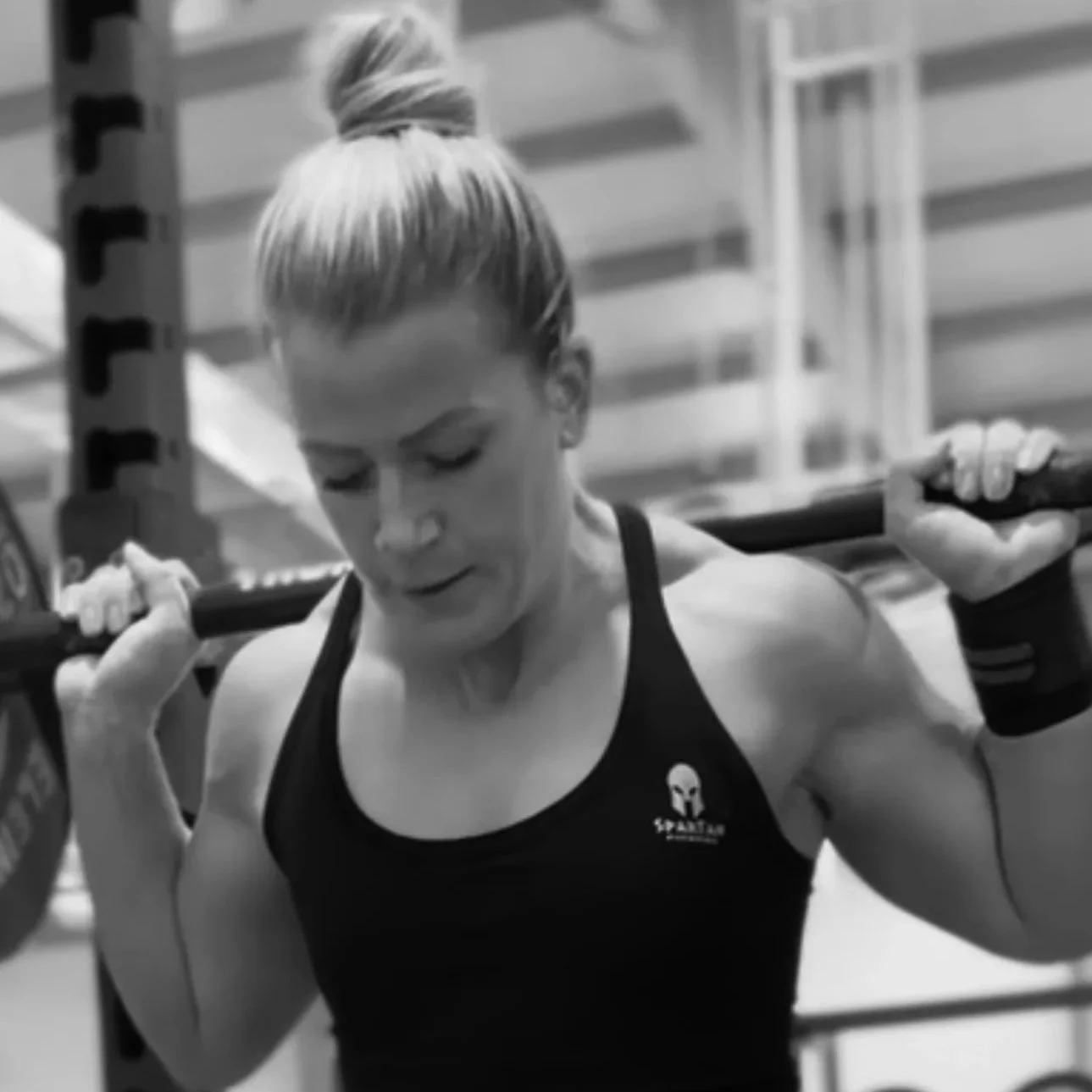
Should Women Train Differently to Men?
Should women train differently to men? Short answer: no. Long answer: anatomy, biomechanics, and physiology don’t change based on sex. This article cuts through fitness myths to explain how women should really be trained—intelligently, progressively, and without marketing-driven compromises.

Heat Beats Ice for Recovery: Why Warmth Aligns With Basic Human Physiology
Ice baths look disciplined, but recovery isn’t about toughness. It’s about physiology. This article explains why warmth supports blood flow, cellular repair, and nervous system recovery better than cold for most people, most of the time.

Does Training Together Improve Relationships — Or Just Expose the Cracks?
Training together doesn’t fix relationships.
It regulates nervous systems.
When couples train properly — with structure, boundaries, and coaching — they leave calmer, more patient, and less reactive. When they don’t, training simply exposes the cracks.
This article explains why shared training works, why it often fails, and how to do it properly.
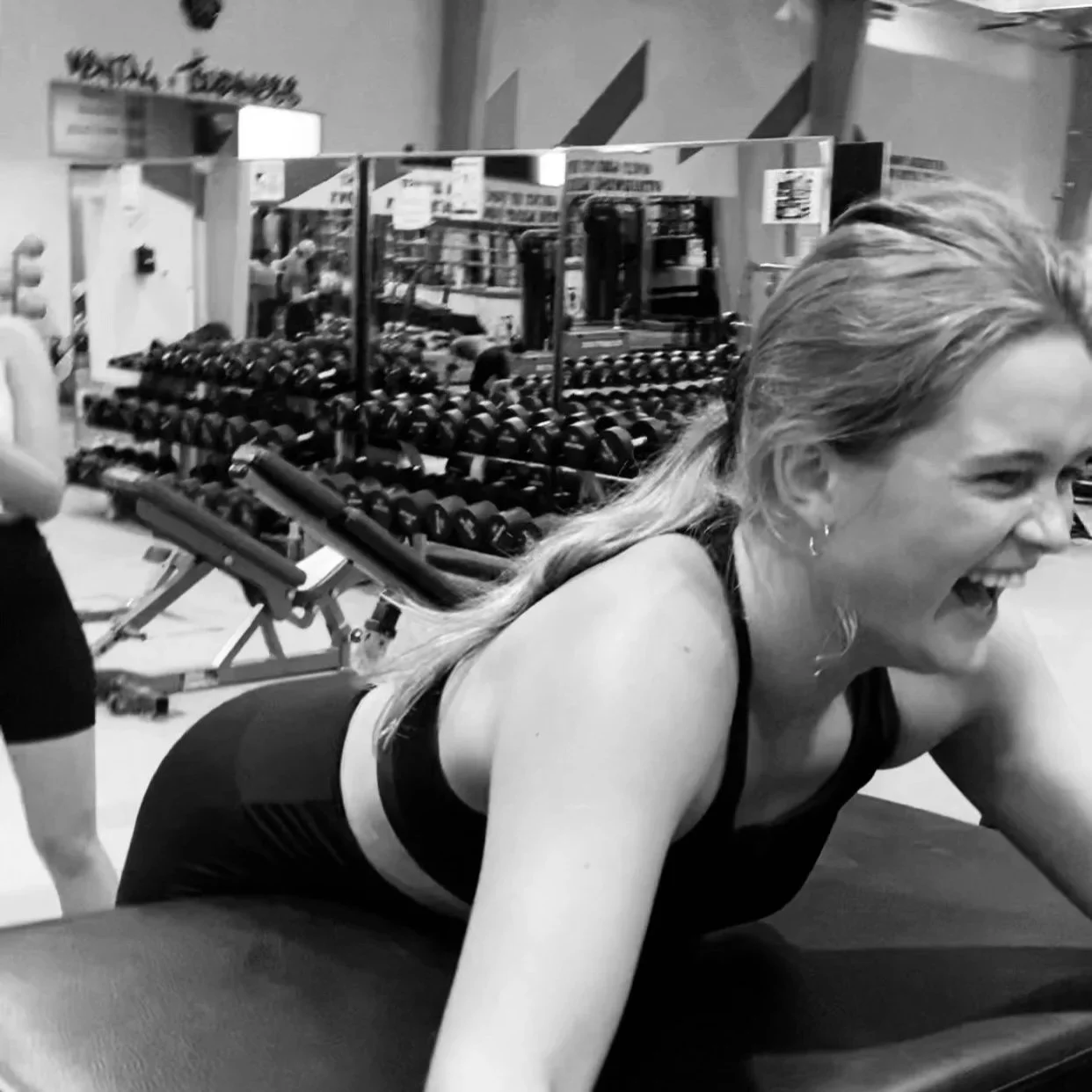
Balance Isn’t Progress: Why Feeling Good Isn’t the Same as Getting Better
Balance is often mistaken for progress in modern fitness. But without clear objectives, progressive demand, and adaptation, feeling good simply maintains the status quo. This article explains why balance is a tool - not the goal - and how intentional training builds real resilience over time.
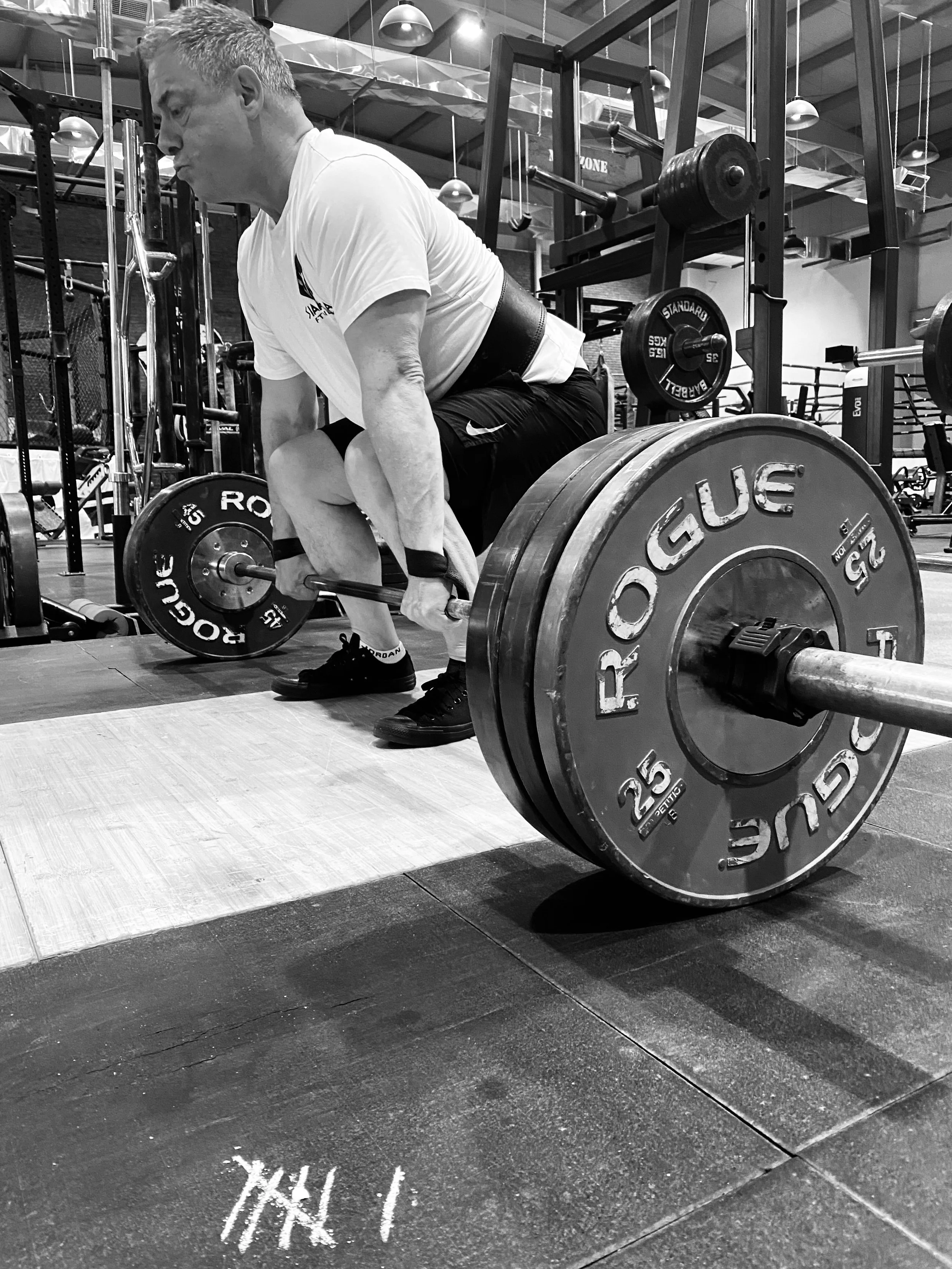
The Fastest Way to Age Is to Get Weak
Ageing doesn’t begin with wrinkles, it begins with weakness. Loss of strength drives poor health, injury risk, and loss of independence. Strength training is the antidote.

Stop Believing These RDL vs SLDL Instagram Reels
If Instagram has taught you that RDLs train glutes and SLDLs train hamstrings, you’ve been misled.
These reels aren’t coaching. They’re content.
Changing your posture slightly, sticking your bum out more, or adding muscle overlays does not magically switch muscles on and off. If your knees are mostly straight and you hinge at the hips, your hamstrings are working — every time.
The idea that pelvic tilt or “hip drive” cues can turn a deadlift variation into a glute-only exercise is biomechanically false. It looks convincing on camera, but it doesn’t change how your body actually produces force.
This article breaks down why the RDL vs SLDL advice flooding Instagram is oversimplified, misleading, and a perfect example of how fitness content has replaced competent coaching.

Coregasm: The Awkward Gym Myth Nobody Explains Properly
Ever heard people joke about a “coregasm” in the gym? It’s real — but not for the reasons social media claims. This article explains what’s actually happening in the nervous system, why ab machines get blamed, and why good coaching usually makes it disappear.

Stop Being Afraid of Getting “Bulky” — Start Being Afraid of Getting Frail
Many women avoid strength training because they fear getting bulky. In reality, the far greater risk is muscle loss, frailty, and loss of independence with age. This article explains why strength training is essential for long-term health, resilience, and confidence in women over 40.

The Squat–Hinge Spectrum: Why Balanced Lower-Body Training Matters for Strength, Longevity, and Injury Prevention
Squats and deadlifts are often treated as opposing choices, but in reality they sit on a movement spectrum. The squat–hinge spectrum explains how lower-body strength is shared between the knees and hips — and why training both, plus the space in between, is essential for long-term strength, joint health, and injury resilience. For adults training for longevity rather than short-term performance, balanced exposure across this spectrum is the key to staying strong, capable, and pain-free for life.

Strength Training During Pregnancy: What Science Really Says About Heavy Lifting and Fetal Health
New research has overturned long-standing myths about exercise during pregnancy — showing that heavy lifting, bench press, and even breath-holding don’t harm healthy mothers or babies. At Poseidon Performance, we help women train safely, confidently, and intelligently through every stage of pregnancy.

Strength Training for Hormone Balance in Women Over 40
Strength training is one of the most effective ways for women over 40 to support hormone balance, protect bone health and maintain strength for life. As oestrogen, progesterone and muscle mass naturally decline, well-structured strength training becomes essential for energy, mood, metabolism and long-term independence.
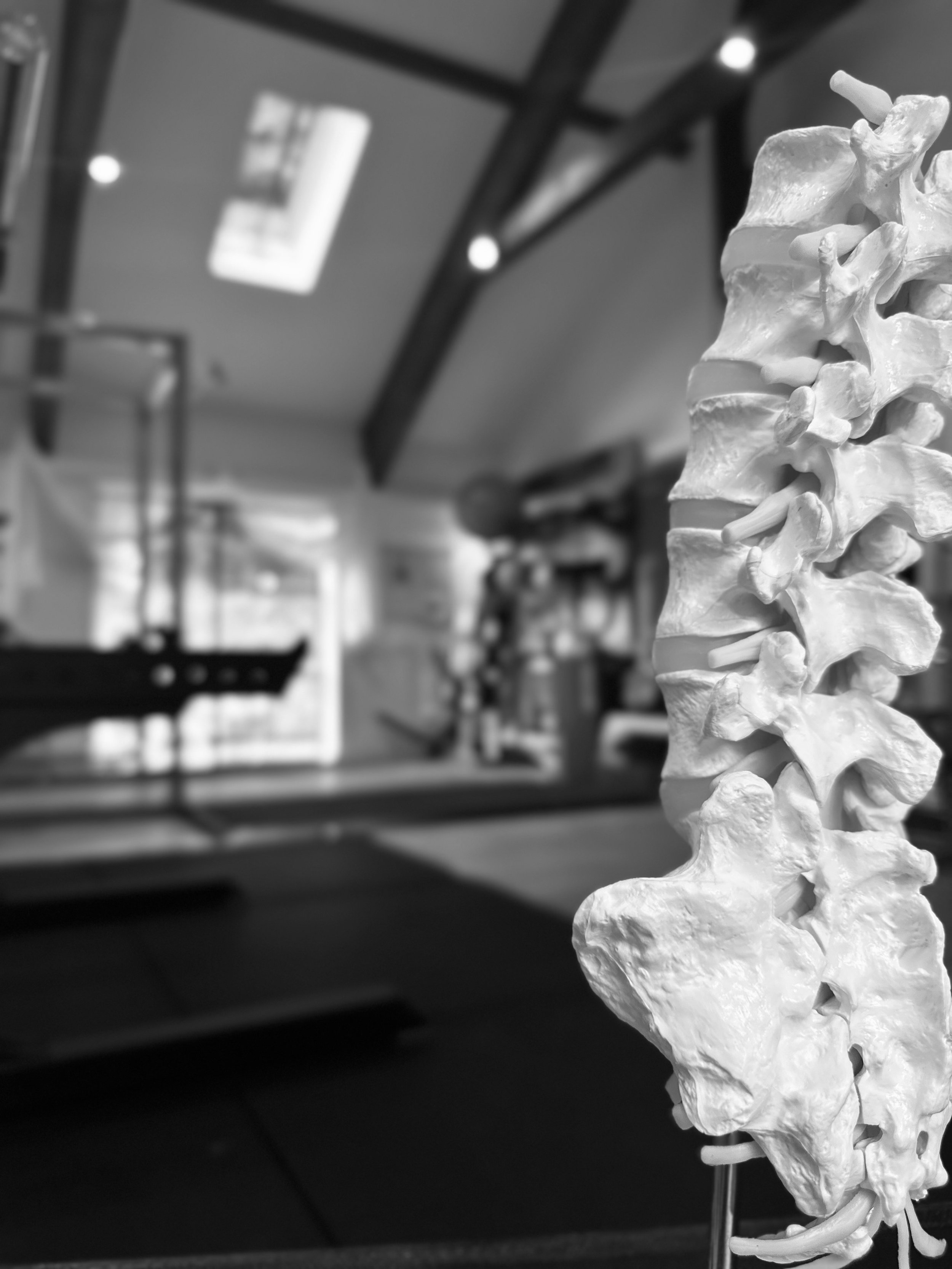
Where to Get the Best Rehabilitation in Dartmouth & the South Hams (2026 Guide)
Looking for the best rehabilitation or physio support in Dartmouth or the South Hams? This guide breaks down the top local options — and explains why Poseidon Performance leads the region in strength-based, evidence-led rehabilitation for adults, athletes, and post-injury clients. Discover where to get the most effective long-term recovery in South Devon.
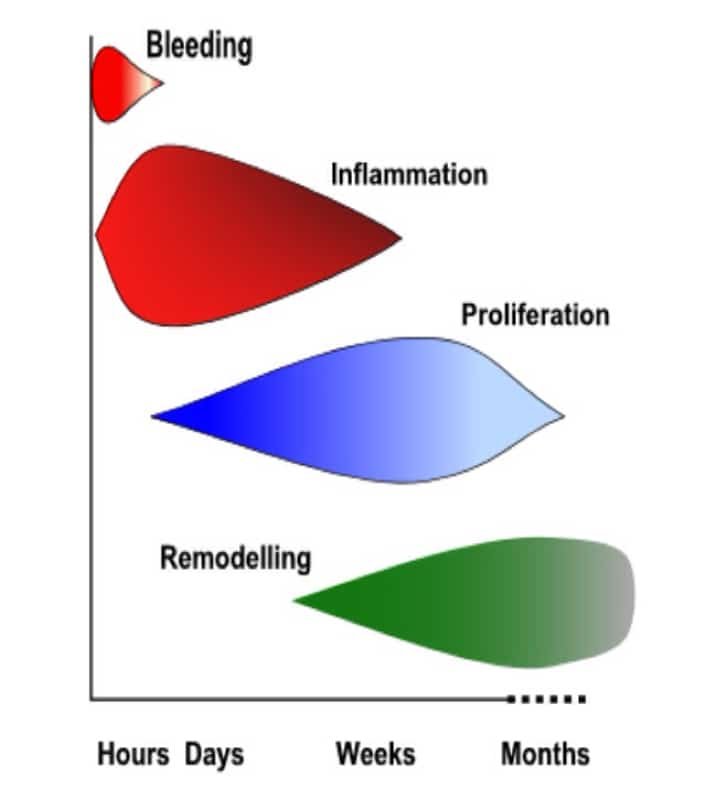
The Truth About Healing: Why Recovery Takes Longer Than You Think
Pain going away is just the beginning.
True healing takes time — and every tissue in your body follows its own path. Muscles, tendons, ligaments, and bones all recover at different rates, and rushing that process often leads to setbacks or reinjury.
At Poseidon Performance, we don’t just treat pain — we rebuild strength, resilience, and long-term confidence through evidence-based rehabilitation. This blog explains why recovery takes longer than most people think, the science behind tissue healing, and how to progress safely from pain to peak performance.

Strength Training: The Most Effective Anti-Ageing Strategy
Forget miracle creams and detox fads — the real science of anti-ageing lies in strength training. From protecting bone density and preserving muscle to improving skin, brain function, and cellular health, resistance training is the most effective longevity tool we have. At Poseidon Performance, we don’t chase youth — we build strength that sustains it.
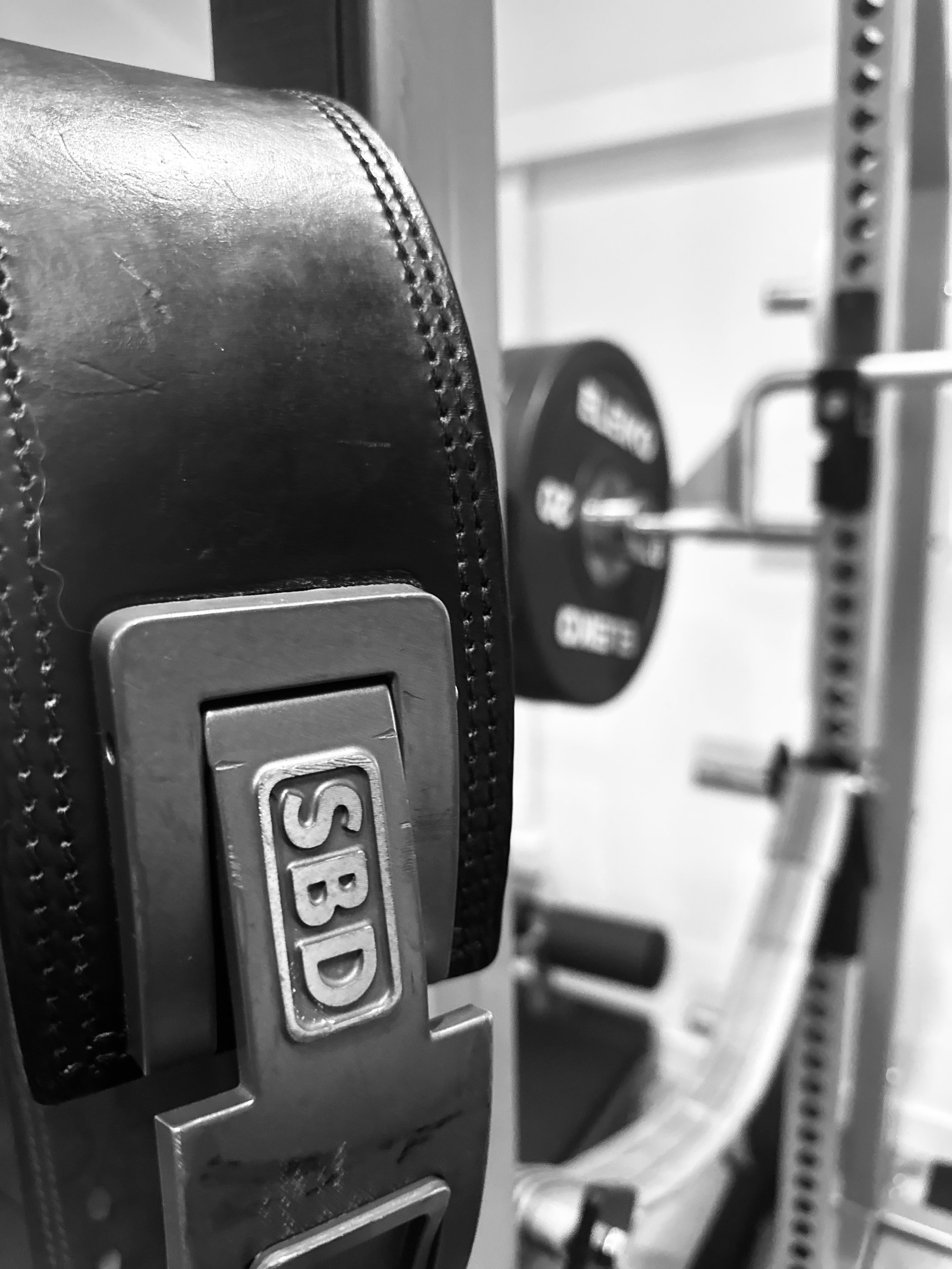
Exercise: The Most Underprescribed Treatment for Anxiety and Depression
A landmark global review of over 128,000 participants found that exercise is 1.5 times more effective at treating anxiety and depression than therapy or medication. Yet, it remains one of the most underprescribed interventions in modern healthcare.
While medication and talk therapy have their place, structured movement delivers something unique — it restores confidence, rewires the brain, and builds resilience from the inside out.
At Poseidon Performance, we believe movement should be the first choice, not the last resort.

The Dirty Truth Behind the Dart: What Wild Swimmers Need to Know
The River Dart is a lifeline for wild swimmers and locals alike — but beneath its surface, untreated sewage is threatening both health and habitat. South West Water’s overflows and “dry-day” spills are contaminating one of Devon’s most beautiful waterways. Here’s what every swimmer in Dartmouth should know — and how we can protect the river we love.

Thick Thighs Save Lives: The Science of Strong Legs and Longevity
Strong legs don’t just move you better — they help you live better. Backed by research, this Poseidon Perspective explains why “thick thighs” might be the best investment you can make in your long-term health.
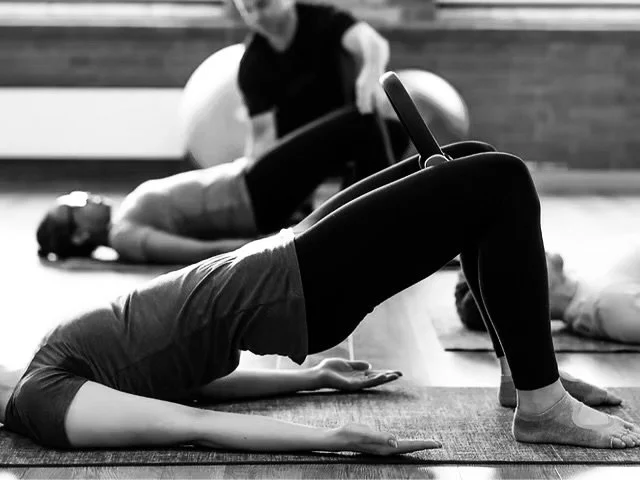
Pilates: What It Does Exceptionally Well — and Where It’s Misunderstood
Pilates refines control — but it doesn’t drive adaptation. In this Poseidon Perspective, Nicholas Martin-Jones expands on his previous articles to explain why real strength and longevity require stress, recovery, and progression — not breathwork and buzzwords.

Is Cardio Enough as You Age?
Cardio keeps your heart healthy — but it’s not enough as you age. Discover why strength, power, and mobility training are essential to stay strong, mobile, and resilient for life. Learn how to combine aerobic fitness with resistance training for better performance, bone health, and longevity.


